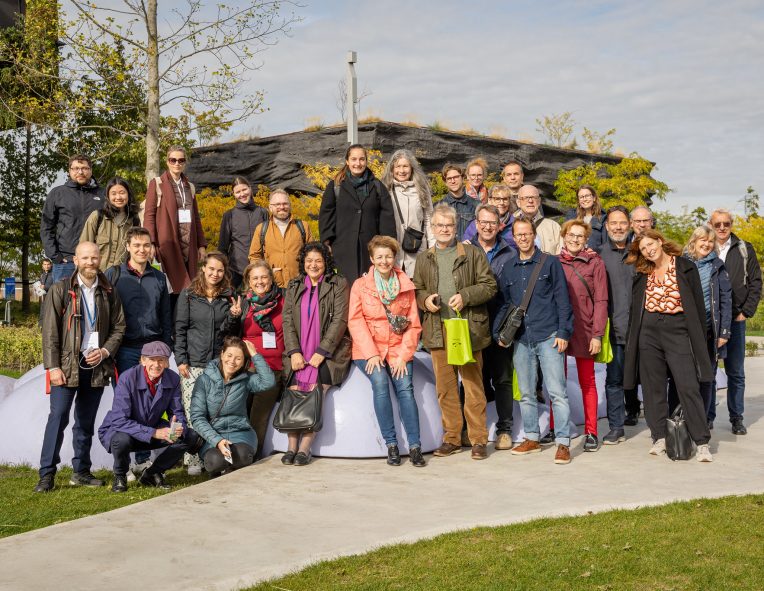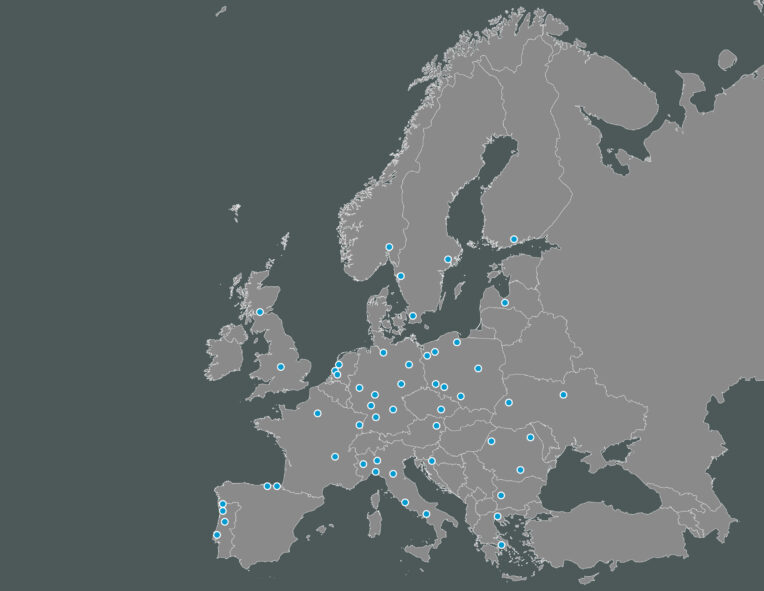15–18 June 2005, hosted by the Metropolitan Region Nürnberg, Planungsverband Industrieregion Mittelfranken, Planungsverband Westmittelfranken and Die Region Nürnberg e.V. and held in the Congress Center Nürnberg.
Theme – The Lisbon Agenda and the EU27+
Nürnberg Metropolitan region was taken as a case study of a metropolitan response to the Lisbon Agenda.
The position of the European Parliament, the European Commission (DG Regio), the European Economic and Social Committee (EESC), Committee of the Regions (CoR) and the European Spatial Planning Observation Network (ESPON) was presented. Case studies from the new EU Member States, Accession Countries and linking metropolitan regions and areas were contributed.
A key aspect of the implementation of the Lisbon Strategy at the metropolitan level will be effective governance. The Lisbon Strategy recognises the need to integrate economic, social and environmental considerations, which are inter-related components of a competitive and sustainable future.
The President of METREX called for:
- Recognition of metropolitan regions and areas by EU institutions, Member State governments and the legislative regions, as a spatial category with problems and opportunities that extend way beyond the core cities
- Metropolitan regions and areas having the potential to achieve the Lisbon objectives
- Partners in shaping the Lisbon Agenda and putting it into action
- The support and assistance of the EU and Member State governments to realise the potential of metropolitan regions and areas.
In particular, this support relates to:
- Investing in network infrastructure
- Implementing strategic projects
- Interlinking industry and research
- Social integration
- Safeguarding natural resources.
This entails the co-ordination of the Lisbon Agenda and the Structural Funds. It also requires recognition of the potential metropolitan contribution to the Lisbon Strategy in the policies and programmes of the EU and the Member States.



